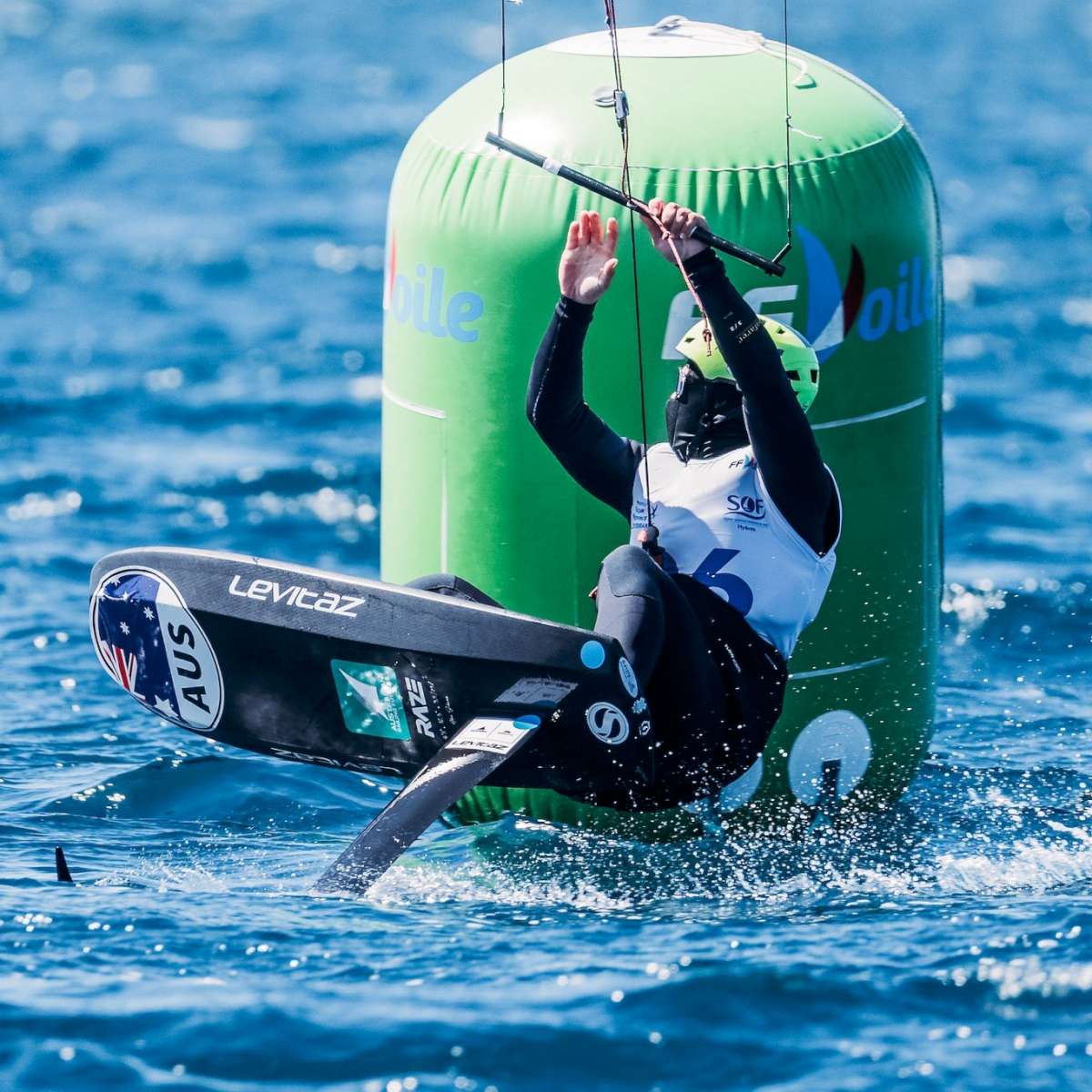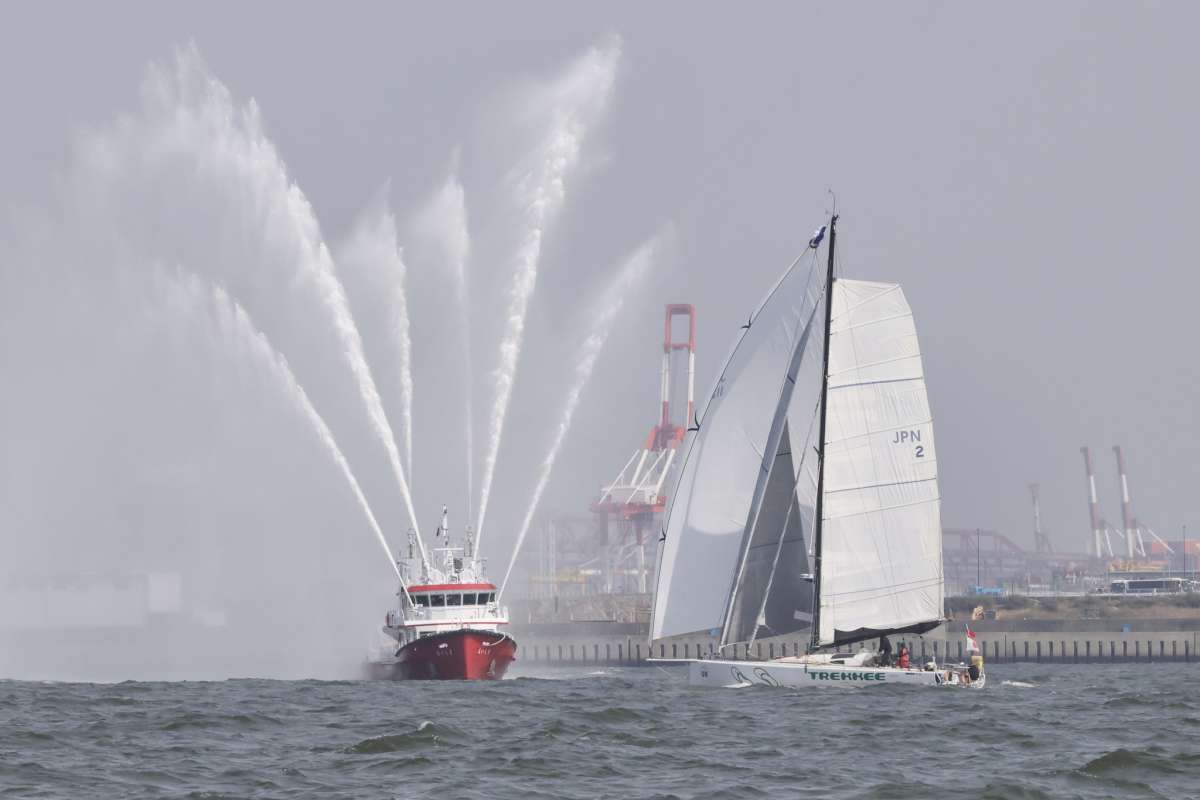Who amongst us has not dreamt of sailing the Greek Isles? Images immediately spring to mind of one’s self lounging on the deck, looking Photoshop-gorgeous of course, glass of wine in hand, gentle wind blowing through the hair against a background of azure sea and sky. Not to mention the rugged scenery, quaint villages, tavernas on the beach and not a shark or stinger in sight. Oh yeah!
How, what, where?
When we made the decision to sail the Greek Islands, there were lots of options to consider. Should we bareboat charter, go for the cabin charter or join a flotilla? Where shall we go: the Dodecanese, the Aegean, Cyclades or Ionian?
Your choice depends on how much sailing you have done, the level of experience, everyone’s available time and what all your interests are. Are you the party type or the sort who prefers the heavenly solitude of a quiet bay? Are you into history and want to do some land-based touring of ancient sites? Are you a hard-core sailor looking for long legs of challenging sailing? So many possibilities; it is really worth doing your research.
Flotilla it is
My experienced sailing partner wanted to bareboat and sail in the most challenging sailing fields but, after a little arm-twisting from me, he agreed to try out the flotilla experience. As someone who only started sailing in her 40s, the idea of leaping into a bareboat charter with just the two of us was a little daunting. A flotilla sailing holiday would allow us to still sail our own boat, but with the added benefit of sailing in company with local guidance and support.
Flotilla sailing holidays usually involve cruising with a group of seven to eight boats, although our flotilla was on the larger side with 12. Each flotilla has a lead skipper and first mate who sail ahead each day to arrange the destination mooring, which is handy as space in many of the anchorages and ports in the high season is at a premium. The lead crew can also assist with the idiosyncrasies of Med-style mooring. Itineraries are generally flexible and dependent on weather conditions and the lead skipper’s discretion.
We opted for an English cruising holiday operator and chose the northern Ionian route, on the western side of Greece. However, the company does offer a range of other itineraries in different sailing fields and countries and the trips are graded, based on conditions and degrees of sailing experience.
We flew to Athens and then to Preveza airport before travelling approximately an hour by road to the island of Lefkas (Lefkada), which is linked by a causeway to the mainland. Our departure point was the picturesque Sivota Harbour.
On arrival we were greeted and briefed by our first mate and introduced to our 32 foot, two cabin Bavaria, Lila; a lovely spick and span little boat, which turned out to be easy to handle and sailed like a dream.
After a restful first night in Sivota, we met up at Stavros’s Taverna at 9.00am for our first briefing. Daily briefings covered weather, destination, possible routes, best lunch and swim stops, particular hazards, local weather phenomena and mooring info.
Mooring
As anyone who has sailed the Mediterranean knows, mooring can be a little different from Australia. The harbours vary in size and facilities, some offer power and water, others are quite basic and the boats are packed in pretty tight.
Mooring can mean stern-to with lazy lines, stern-to with anchor, long-lines to shore, rafted alongside another boat or five or simple off-shore anchoring. On our flotilla, boats were usually given a two hour arrival window each afternoon. Prior to entering the harbour, each boat called the lead boat on a nominated VHF channel for mooring instructions and prepared their boat with appropriate lines and fenders.
The value of local knowledge
Especially on a short trip, when there is not the time to slowly build local knowledge, having an informed lead crew was invaluable. Our lead skipper was experienced, helpful and passionate about his country, it really enhanced the whole experience.
The crew were also able to assist with any technical boat issues. We had some problems with a malfunctioning windlass controller that kept shorting out. We were offered assistance but, luckily, my sailing partner’s engineering experience meant he could effect a temporary fix until a new one was available; just as well, as the waters of the Med. are deep and the reality of trying to haul up 45 metres of anchor chain by hand was not appealing!
Social benefits
Sailing in a flotilla means you get to meet a range of people of all ages, which is always interesting, but it is still up to you how much time you spend with your fellow sailors.
Several group dinners were organised by our lead crew, but at other times we made our own arrangements.
Our itinerary also included a free sailing day where we could choose our own port for the night and the lead crew assisted by providing local information and advice about the various options. We ended up joining another flotilla boat and overnighted in a port they had visited and loved on a previous sailing trip.
Weather
Generally the mornings were still and calm and, after the briefing, we would all set off for the day and often not even catch sight of each other until the evening.
After a bit of motoring, a bit of lunch and a swim, the afternoon breeze would come up. Even in the relatively benign conditions of the north Ionian there was plenty of it to give us a good sail and local phenomena could mean the wind was considerably stronger than the general forecast. Some afternoons we had two reefs and were still flying along.
Early June was also a great time to go, before the crowds and the more intense heat of later in the season, although the water was still on the cooler side.
Apart from Sivota, we visited Spartochori on Meganisi, Kalamos, Frikes on Ithaca and Vassiliki, also on Lefkas. Each destination offered something unique, but our favourite was an anchorage at Palairos, a small village on the western Greek mainland fringed by strip of pebbled beach. We rowed to shore and dined on freshly grilled snapper at a pretty beachside taverna and watched the sun slowly set on another perfect day.
Flotilla sailing is not for everyone. I am sure there are many hard-core sailors out there who would never consider it. However, depending on your circumstances it can be a great way to build cruising experience with the advantage of knowing there is an experienced crew on hand to render assistance, if required. ≈


























